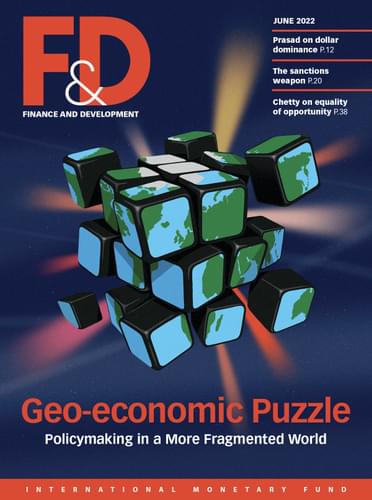
Writing
My columns, essays, books, as well as research and teaching materials like case studies.

Will the Banking Busts Hurt Clean Tech?
Rather than impeding the clean-energy race, the recent collapse of the US start-up community's go-to bank offers valuable lessons for managing the public-private minuet that the net-zero transition requires. The doomsayers are missing the bigger picture.
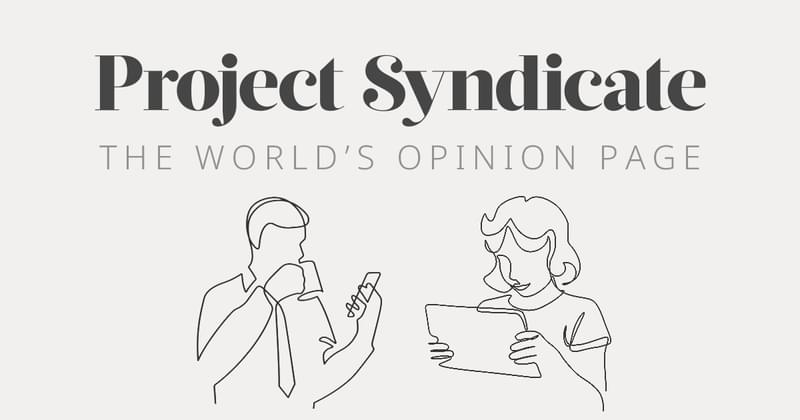
Europe Must Tax Brown and Subsidize Green
The US Inflation Reduction Act is a landmark legislative package that should be welcomed around the world, despite its putatively protectionist features. Owing to the positive learning-by-doing spillovers that follow from green subsidies, Europe and the rest of the world ultimately will benefit, too.

3 ways to spend Biden’s clean-energy windfall faster
Build, build, build.

Can geoengineering slow climate change? We need research to find out.
Geoengineering research flights are a good federal investment

Our City Could Become One of the World’s Greenest, but It Won’t Be Easy
by Paul Greenberg and Gernot Wagner

Realism About Techno-Optimism
Speeding up the adoption of already proven and scalable technologies, and exposing the many hidden costs associated with fossil fuels, is a necessary goal. Achieving it will require new policies to guide investments in the right direction, and techno-optimists ought to be the loudest advocates.

Davos produktiv für das Klima nutzen
In Davos treffen sich die Menschen, die das Geld und die Macht haben, wirklich etwas für das Klima zu bewegen: zum Beispiel, indem sie dringend nötige Investitionen in neue Technologien forcieren, oder indem sie die noch teure Technik als erste anwenden. Sie können es sich leisten.

The Case for Mandating Climate-Risk Disclosure
The US Securities and Exchange Commission is considering a proposal to require some companies to disclose information relating to the risks they face from climate change. But the agency is coming under pressure to scrap or water down the proposal because of a recent Supreme Court decision.

Who Pays for Climate Change?
In the face of a massive financing gap for climate-change mitigation and adaptation in developing countries, everyone accepts the need for more "creative" measures to unlock and redirect private capital. But proposals like carbon credits must be understood merely as stepping stones, rather than as lasting solutions.

The Risky Language of Climate Uncertainty
Academics need to stop talking about climate change in ways that obscure its true dangers.

Some Green Technologies Are More Equal Than Others
With more governments embracing industrial policies to transform their economies, picking the right technologies to subsidize will become a key challenge. To navigate the minefield of entrenched interests, techno-hype, and political pressures, policymakers must embrace a mix of openness and caution.

The High Stakes of Climate-Risk Accounting
Although businesses and investors stand to make a lot of money if they can properly navigate the new risk environment, no one seems to have a good explanation for why we are where we are. Climate risks, in particular, have been systematically underestimated, and thus mispriced, for decades.

The Next Step on Climate Action: Parking Reform
California is finally poised to lift parking requirements across the state. Here’s why that would be a huge win for the climate.
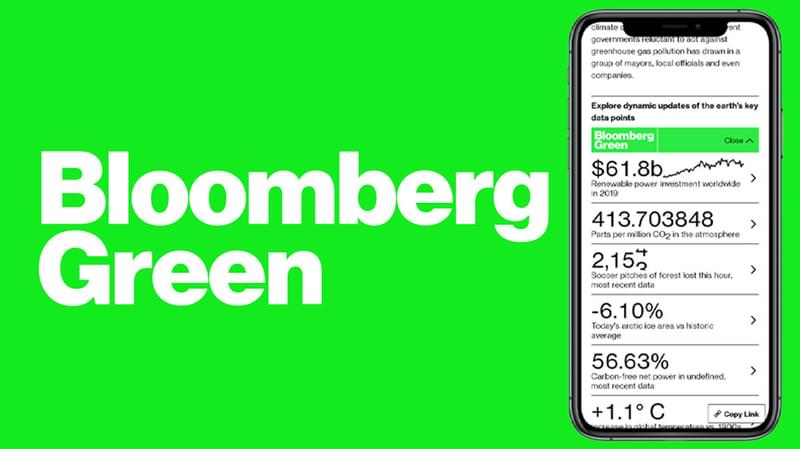
Green Moral Hazards
by Gernot Wagner and Daniel Zizzamia
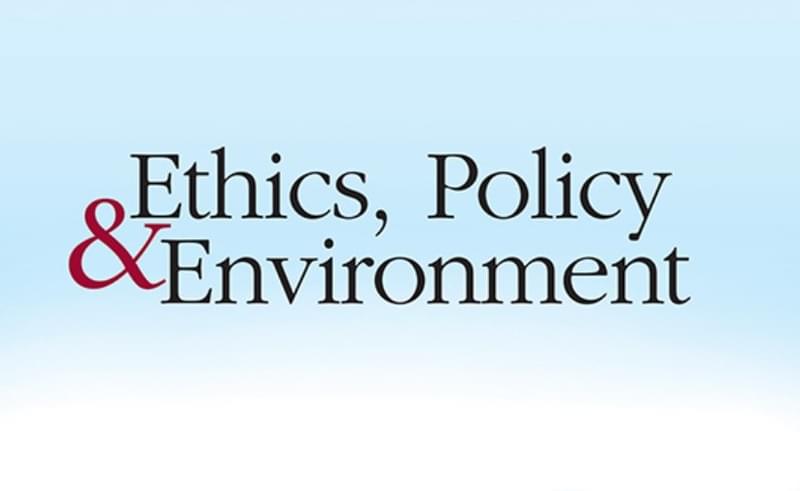
The Clean-Energy Race Is On
While no legislation is perfect, the US Inflation Reduction Act of 2022 will be a game changer for the transition to clean-energy sources, both in America and around the world. By doubling down on forward-looking industrial policy, the US is suddenly poised to give Europe, China, and others a run for their money.

Greening Your Home Will Be Cheaper, but Expect Growing Pains
by Gernot Wagner

Climate risk is financial risk
“Diversifying risk is nigh impossible when it affects the entire planet.”

Transatlantic divergence
U.S. and European companies vulnerable to the clean energy transition have seen their stock prices go very different ways since Russia invaded Ukraine.
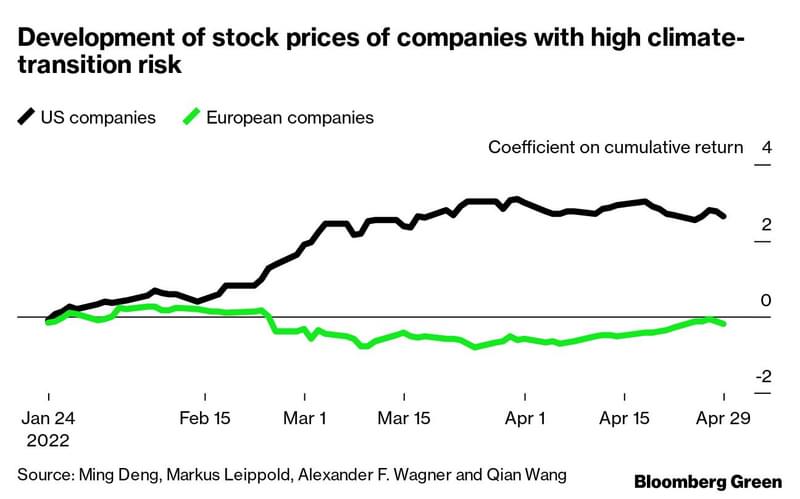
New Energy Imperative
Russia’s invasion of Ukraine highlights the crisis and opportunity of the energy transition
